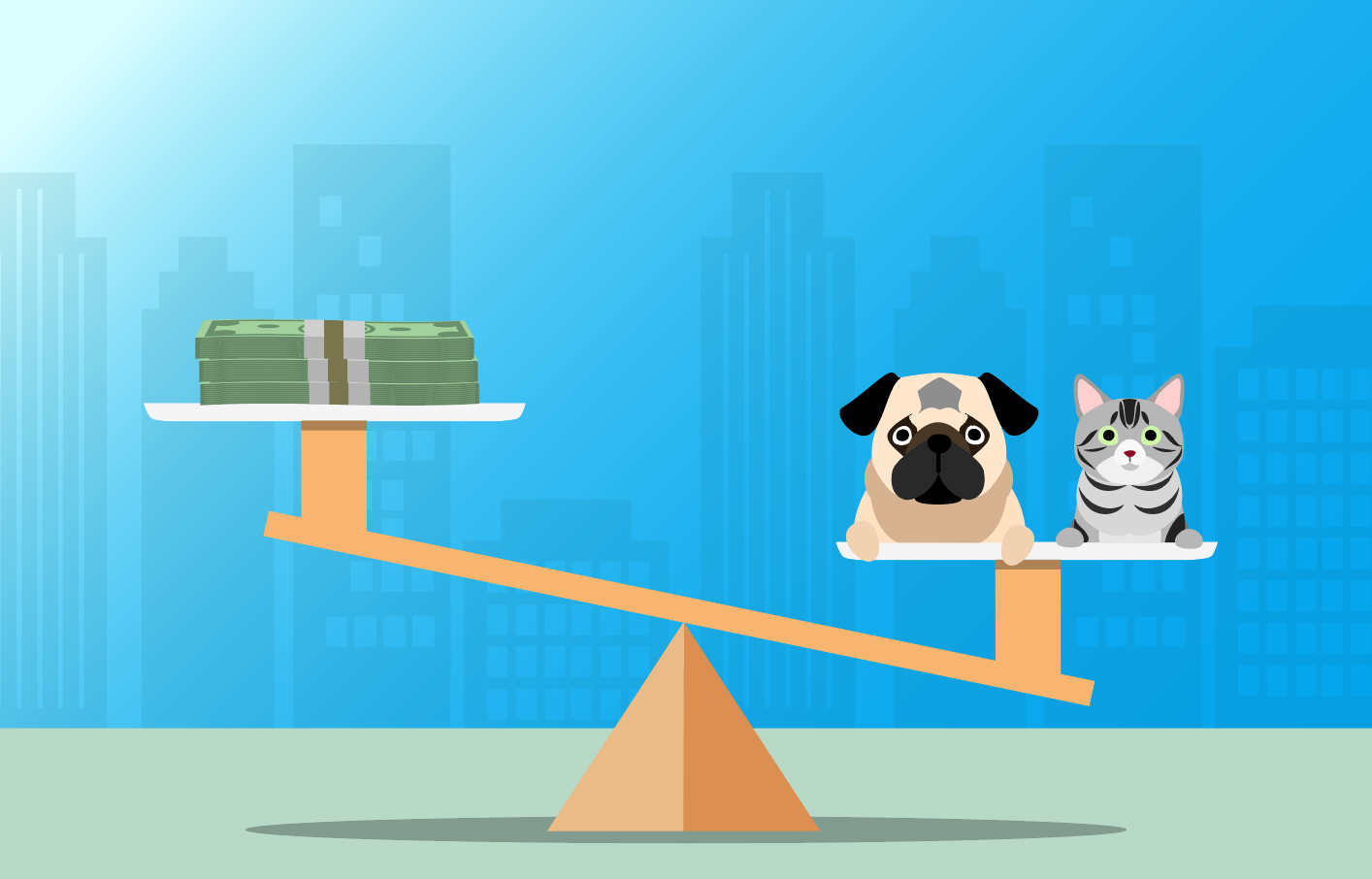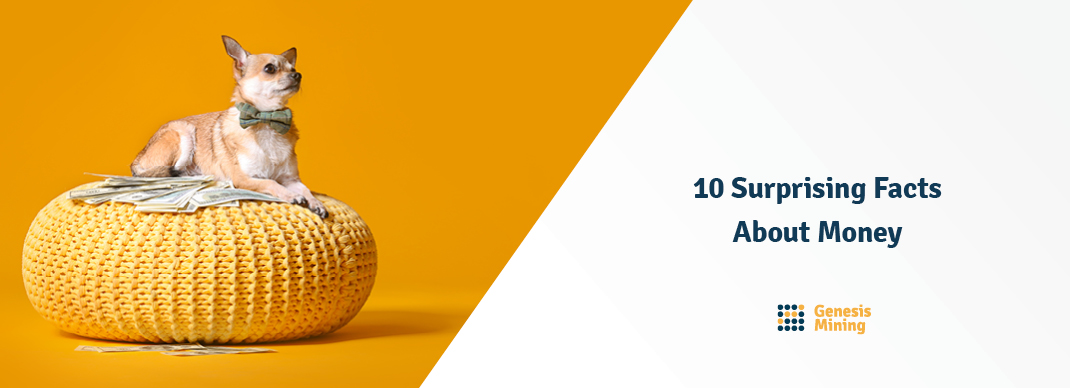[ad_1]
Last year we conducted a survey of 1,000 American consumers and asked them various questions about the financial system that rules practically everything we do. When we got the results back, we were surprised to find that most people are relatively out of touch with the way that our money is created, how it circulates, and the financial systems that maintain the delicate balance between prosperity and widespread ruin.
It became clear to us that the average American exists inside of a complex financial system without necessarily knowing anything of consequence about the system itself. So let’s take a brief amount of time to talk about the foundation of our financial world: money.
Here are some facts about money that we found interesting, and perhaps you will too. Disclaimer: some of these facts are fun.
1. We are losing millions making… pennies
Arguments for the abolition of the penny are numerous, and the typical tropes may fall along these lines:
- We waste countless hours (hell, days) of our lives searching for pennies to produce exact change so that we can…avoid being saddled with more loose change
- Pennies have so little value that you need 100 of them just to order a cheeseburger, before tax
- Pennies are potentially fatal weapons if dropped from tall buildings
Add to this list the fact that pennies cost more to make than they are actually worth. That’s right, in 2017 it cost Americans roughly $69 million in losses to produce more than 8.4 billion pennies, most of which are probably lying in the street somewhere at this very moment.
2. Paper bills will probably not outlive your dog
Have you considered how long the average dollar bill remains in circulation? How about a $100 note? Let’s just say that the lifespan of the average bill of paper money makes the life of a dog look lengthy (with the exception of the $100 bill). The average time of circulation for each bill is:
$1: 5.9 years
$5: 4.9 years
$10: 4.2 years
$20: 7.7 years
$50: 3.7 years
$100: 15 years

3. If you thought your ink budget is expensive, check out Uncle Sam’s
The U.S Bureau of Engraving and Printing, which you now know is a thing, is the entity responsible for printing the massive amount of money in circulation, and their ink budget is exorbitant. The Forth Worth, TX and Washington, D.C. branches of this Bureau produce roughly 38 million notes of paper money each day with a value of roughly $750 million. This requires approximately 18 tons of ink each day.
Think they get a discount for buying in bulk?
4. Your loose change not only costs you money to create, it is going right back to…the TSA?
Shrewd savers have a jar, piggy bank, or other space where they stash their loose change. Eventually, they will take that stash to a Coinstar or equivalent service and exchange it for far more useful, visually-appealing paper money.
As it turns out, the Transportation Security Administration, known to most as the TSA, can only laugh at your meager penny pinching. Why, you ask?
When travelers leave loose change in luggage bins, they may not be aware that the change is ultimately collected and deposited. While you may be able to save twenty bucks over the course of a year by collecting your loose change, the TSA collects nearly a million.
5. The Secret Service was created as an anti-counterfeiting agency
The Secret Service is most associated today with protecting the President of the United States of America, but their original purpose was all about the money.
The agency was originally part of the U.S. Department of Treasury when it was created in 1865, and its original goal was to combat rampant counterfeiting of U.S currency. Obviously, their responsibilities have expanded a bit since 1865.
6. There is no inflation like Gold Rush inflation
The tech bubble that the Bay Area is experiencing today has precedent, you just have to venture back to the days of the Gold Rush circa 1849 to find it. Those who came into sudden, gold-induced riches were able to pay exorbitant prices for everything from breakfast to pickaxes.
So, when a newcomer in San Francisco was presented a bill for breakfast costing what is the modern equivalent of $1,200, they quickly realized that — not unlike today — abnormal prosperity quickly leads to abnormally high prices.
7. If you’re into numismatics, you may just be Warren Buffett
Numismatics is defined as ‘the study of the physical embodiment of various payment media (i.e. currencies)’, and it often involves collecting various currencies in order to study them. So, if you find yourself collecting large amounts of different currencies, you may be wealthy like Warren Buffet, or you make just be a numismatist.
8. The business of pets is boomin’!
Americans are known to spend big on things that they love, whether it is the latest Rolls-Royce or their chihuahua. And those who make their money capitalizing shamelessly on doting pet parents are making out quite well, at least as a whole.
Americans spent an estimated $72 billion (yes, that is billion with a b) on their pets in 2018. That is a $3 billion increase from 2017, with the ‘pet-tech’ category (dogs with iPads?) serving as a substantial growth sector.
9. America: Land of the Free, Home of the Credit Card
America is thought to be the country of origin for the first credit cards, created around 1920. Is it any surprise that the credit card’s creation was followed quickly by The Great Depression?
10. Pizza By Bitcoin
2010 marked the year of the first Bitcoin transaction ever recorded. The item purchased: two pizzas from Papa John’s. The price paid: 10,000 Bitcoins, worth approximately $30 at the time, worth more than $72 million today.
For that price, that better have been some damn good pizza.
[ad_2]
Source link



